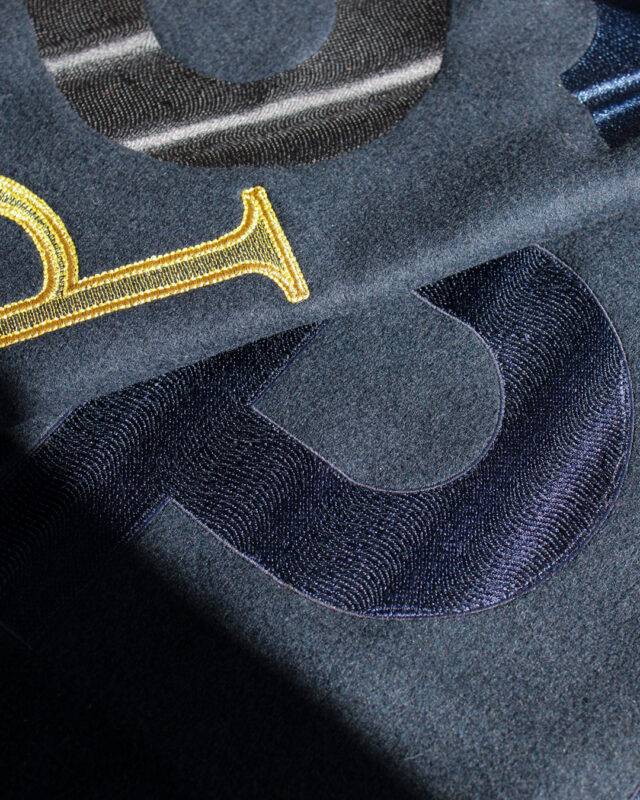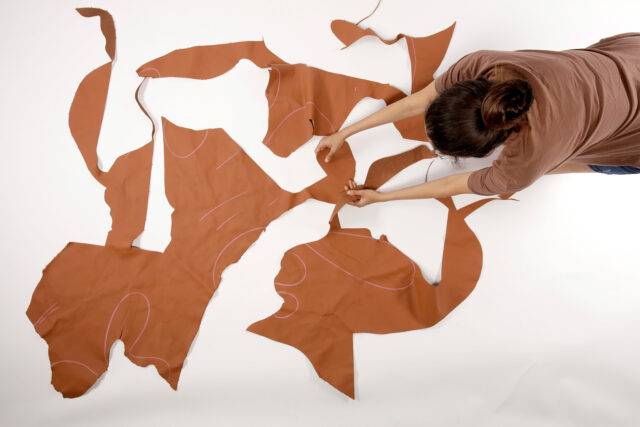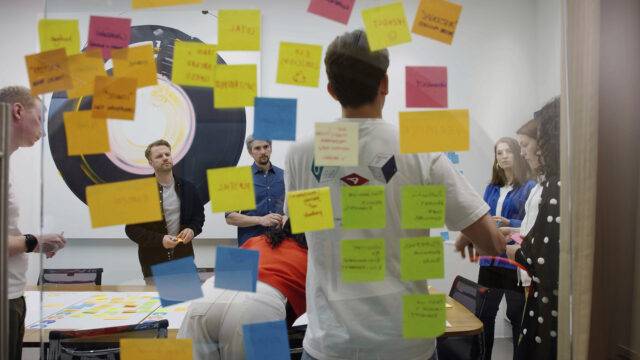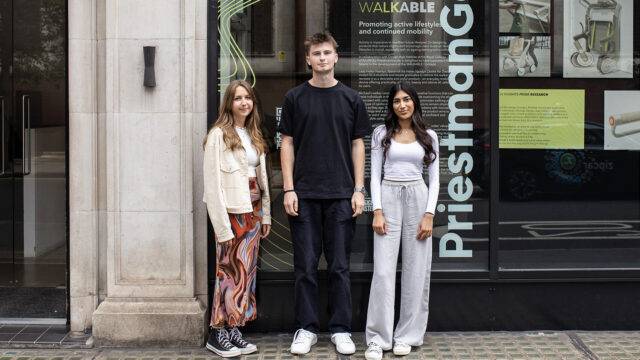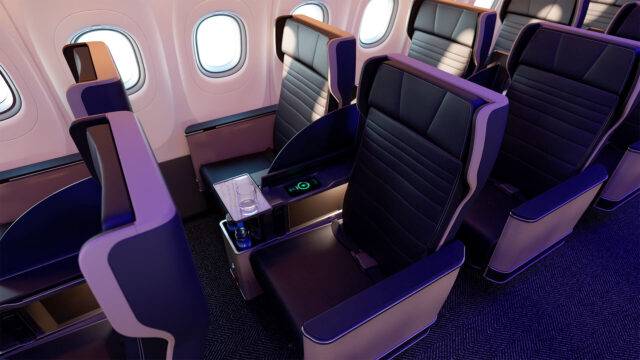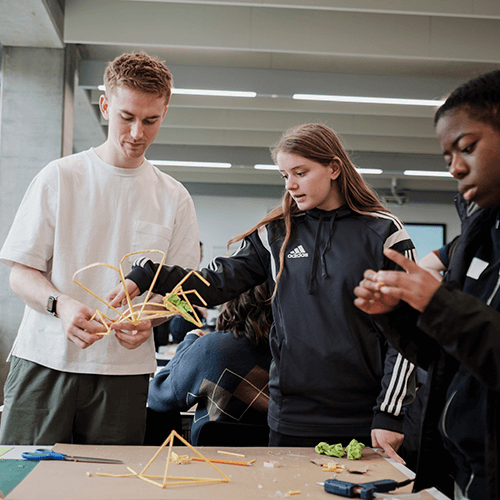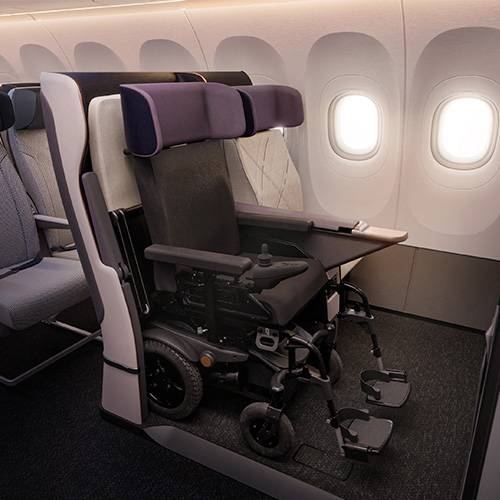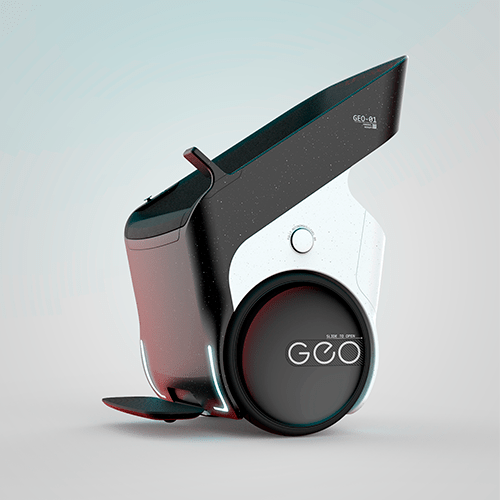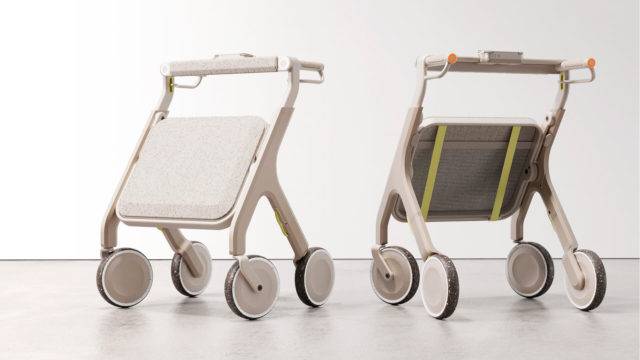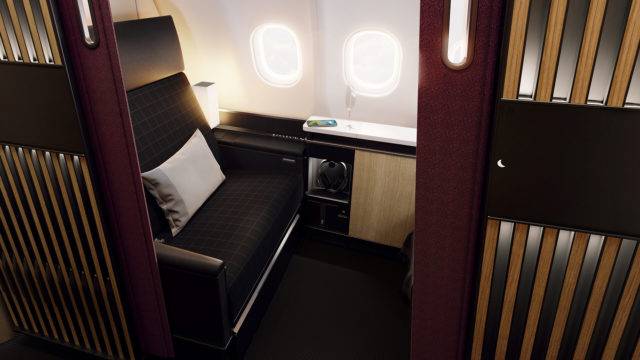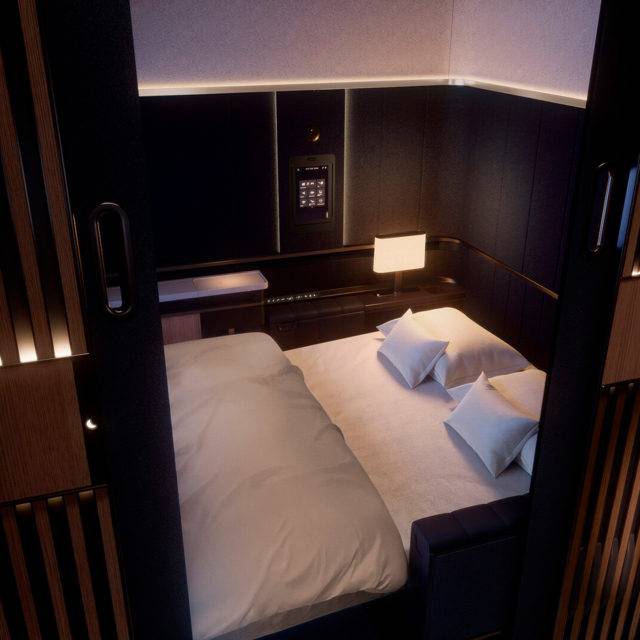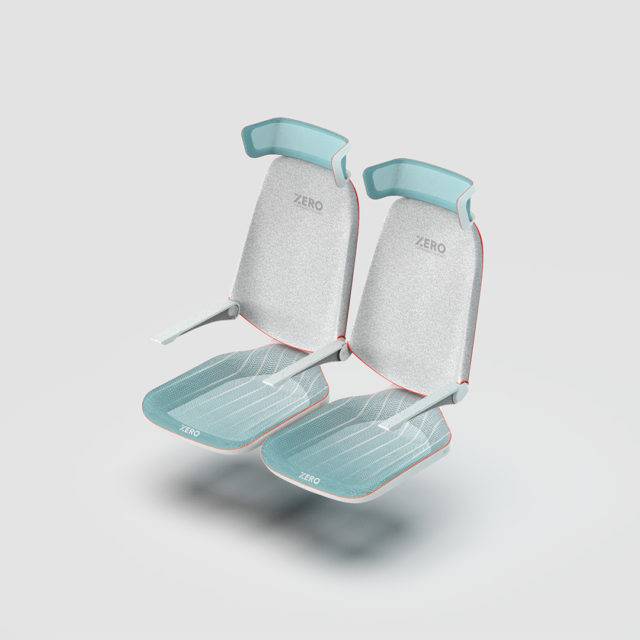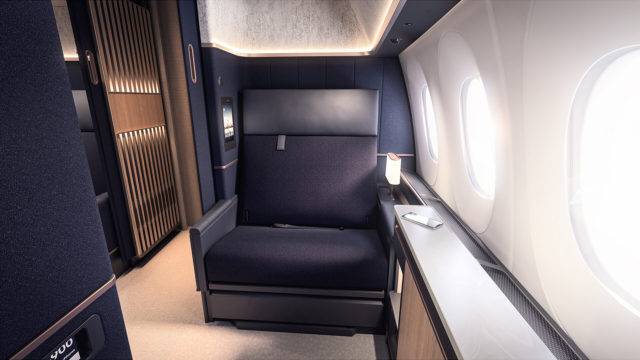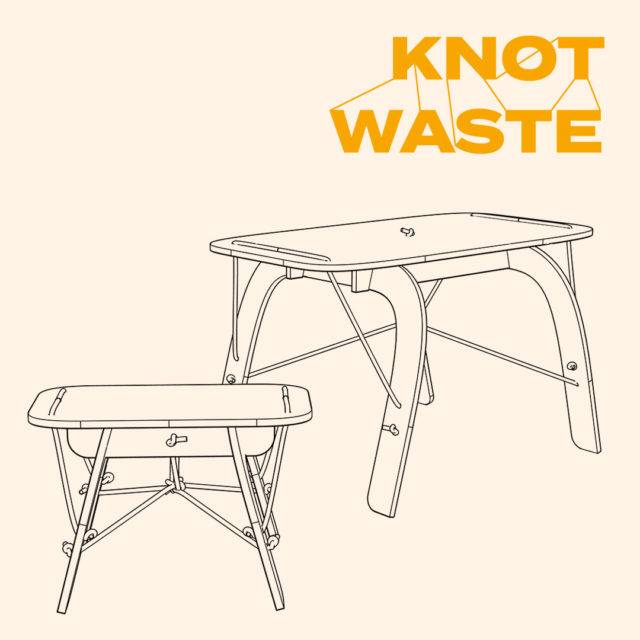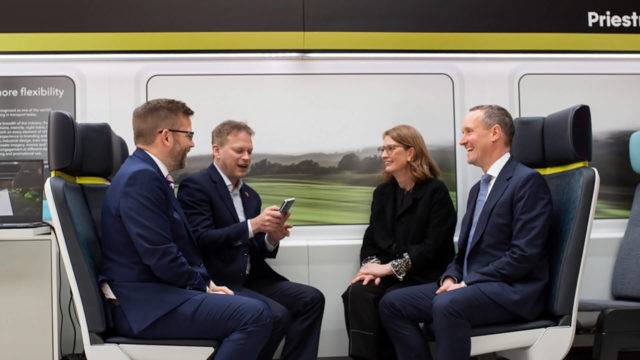
Designing the future of post-covid rail interiors
PG is pleased to announce that we have received funding to develop next generation train interiors in a project funded by the Department for Transport through the First of a Kind 2021 competition, delivered by InnovateUK.
First of a Kind supports rail innovation projects that focus on making railways ‘cleaner, greener and more passenger-friendly’. Our entry ‘Proteus – Flexible Rail Interior System’ is a carriage environment and seating layout that addresses passenger concerns and provides operators with flexibility for a gradual return of passengers. The project is being developed in collaboration with Angel Trains, Quantum Seating Limited and research specialists Insight Inside.
Proteus responds to the rapidly changing landscape in rail, post COVID-19. It aims to bring innovation to rail carriage interiors that will offer benefits and reassurances to passengers and bring commercial opportunities to leasing companies and operators.
Together with our partners, we are working to deliver this first-of-a-kind carriage environment and seating layout on existing rolling stock, addressing passenger concerns and providing operators with flexibility, allowing them to flex onboard layouts for a gradual return of passengers.
The design is centered around a layout with ‘passive flexibility’ allowing operators to bring seats in and out of service according to demand and be able to make those changes immediately or overnight in-depot, without taking the trainset out of service and requiring engineering support. Other key features include:
- New definition of personal space within carriages
- Seat designs that facilitate easier cleaning and reduction of dirt-traps
- Built-in features that allow passengers to make best use of their time onboard to work and be productive
- Improved storage space for bikes and other micro-mobility modes
As a result of the various lockdown measures introduced since early 2020, train services in the UK are currently running at 20% capacity. Although surveys anticipate that passengers will return over time, patterns of travel are predicted to be different such as a flatter profile of morning and evening peak hours, longer but less frequent commutes, single leg journeys with micro-mobility modes used to complete the last mile of journeys and an increased leisure market at weekends.
Transport Focus research indicates that passenger anxiety around personal space and distancing and concerns for hygiene are two of the critical factors influencing the speed at which passengers will return to rail travel. Operators must also compete against a new-found attachment to working from home and the associated benefits in terms of work/life balance. However, the actual profile of passenger return is unknown and could be influenced by factors such as future waves of the pandemic and economic performance. Therefore, operators need flexibility built-in to allow them to manage through multiple future scenarios.
In addition, the structural changes ongoing in the rail industry, with a very high intensity of franchise re-leasing work in the next 5 years gives a once in a generation opportunity to carry out vehicle refreshes and capitalise on the disruption of the pandemic to provide a higher quality passenger experience as we recover from it.
Proteus will be developed over the next nine months. The aim is to have an initial mock up design for passengers and railway operating companies to try out by Spring of 2022.
